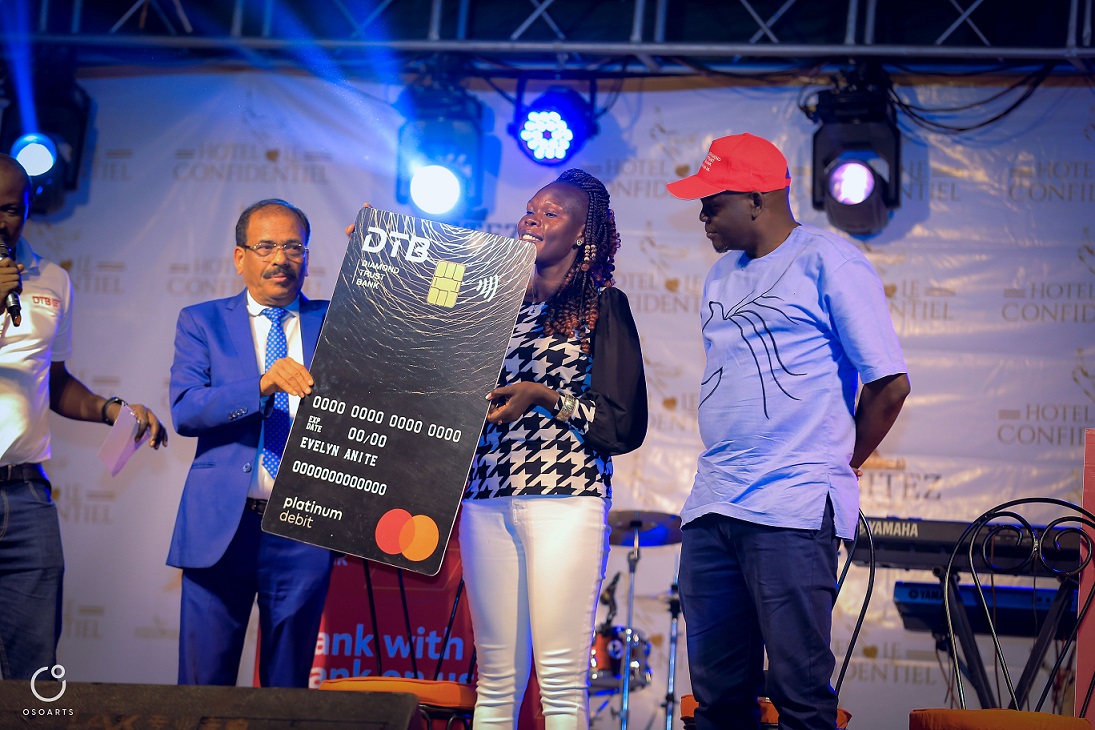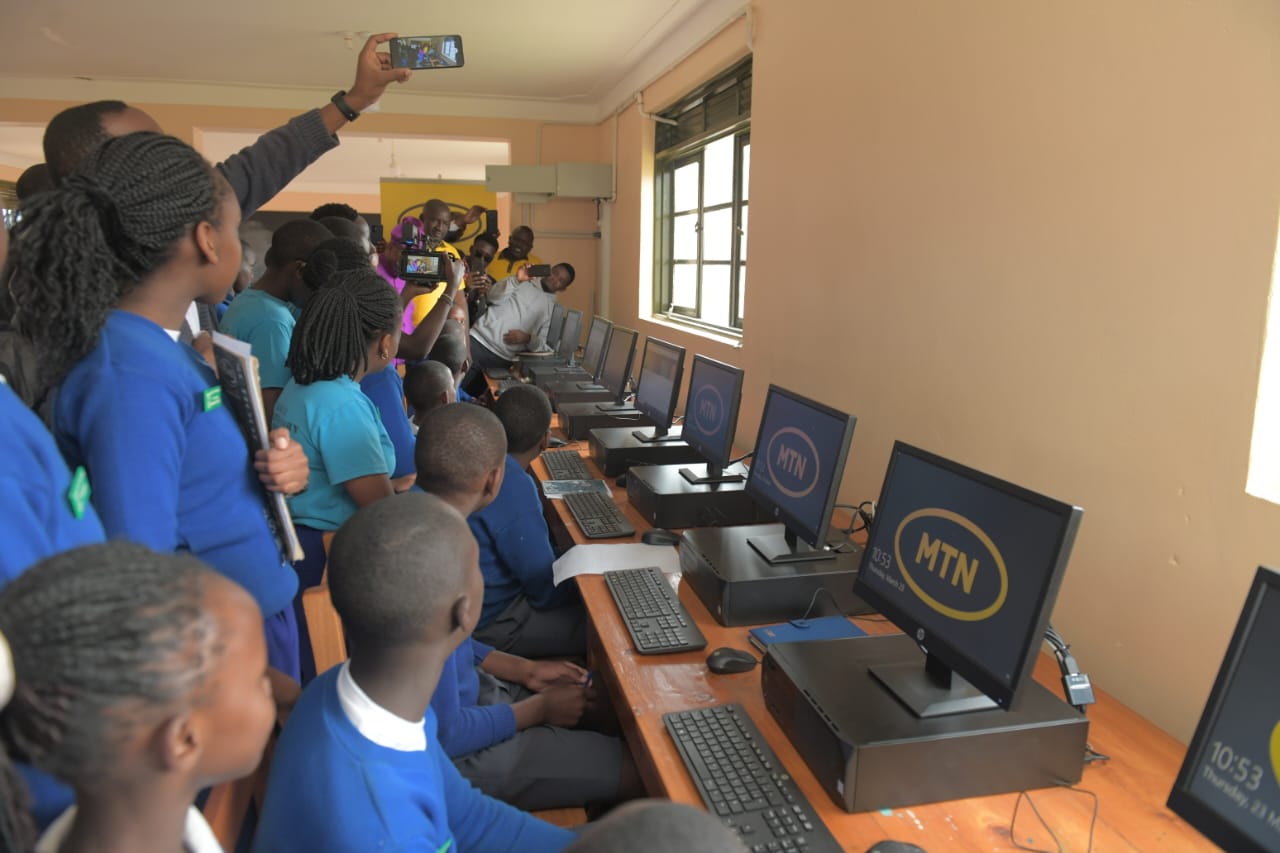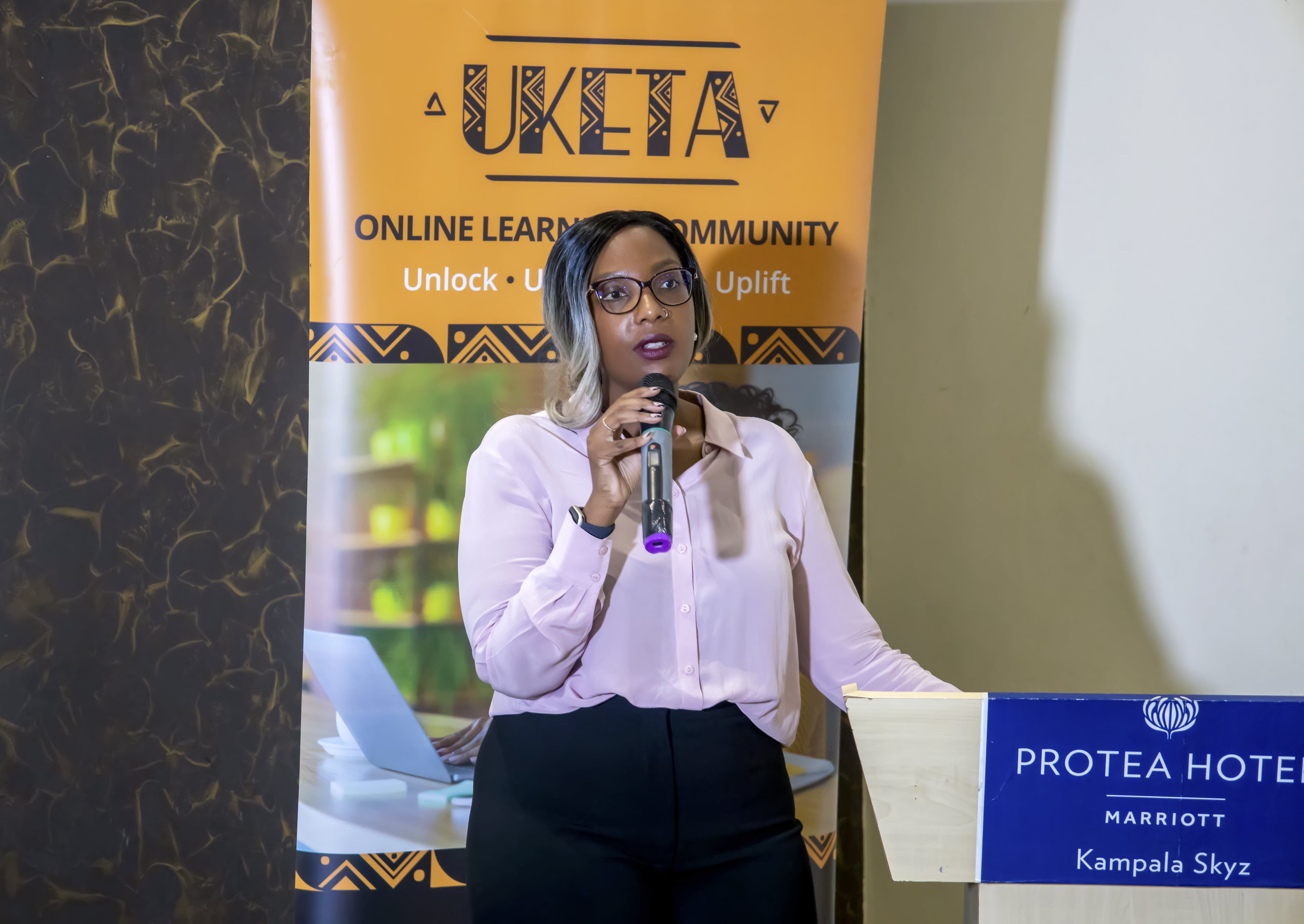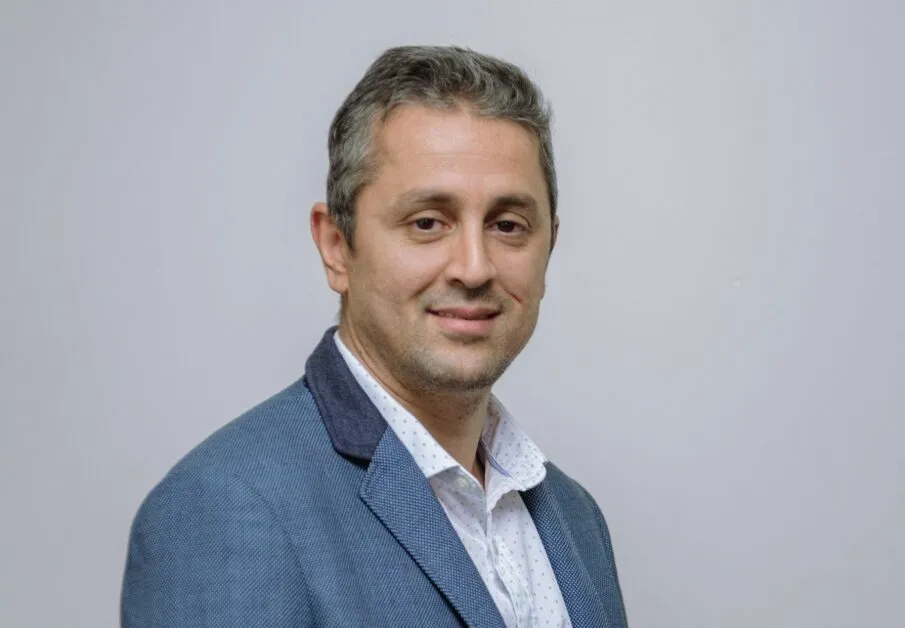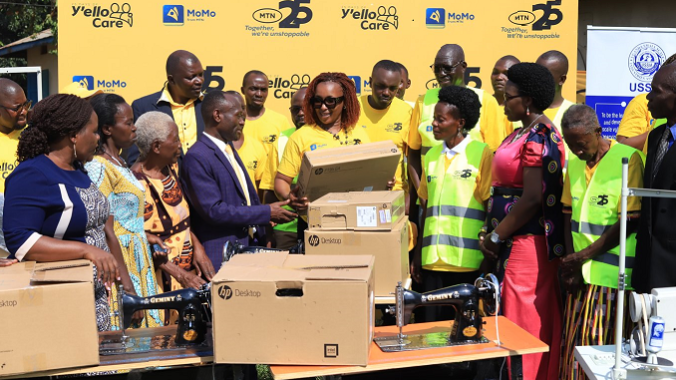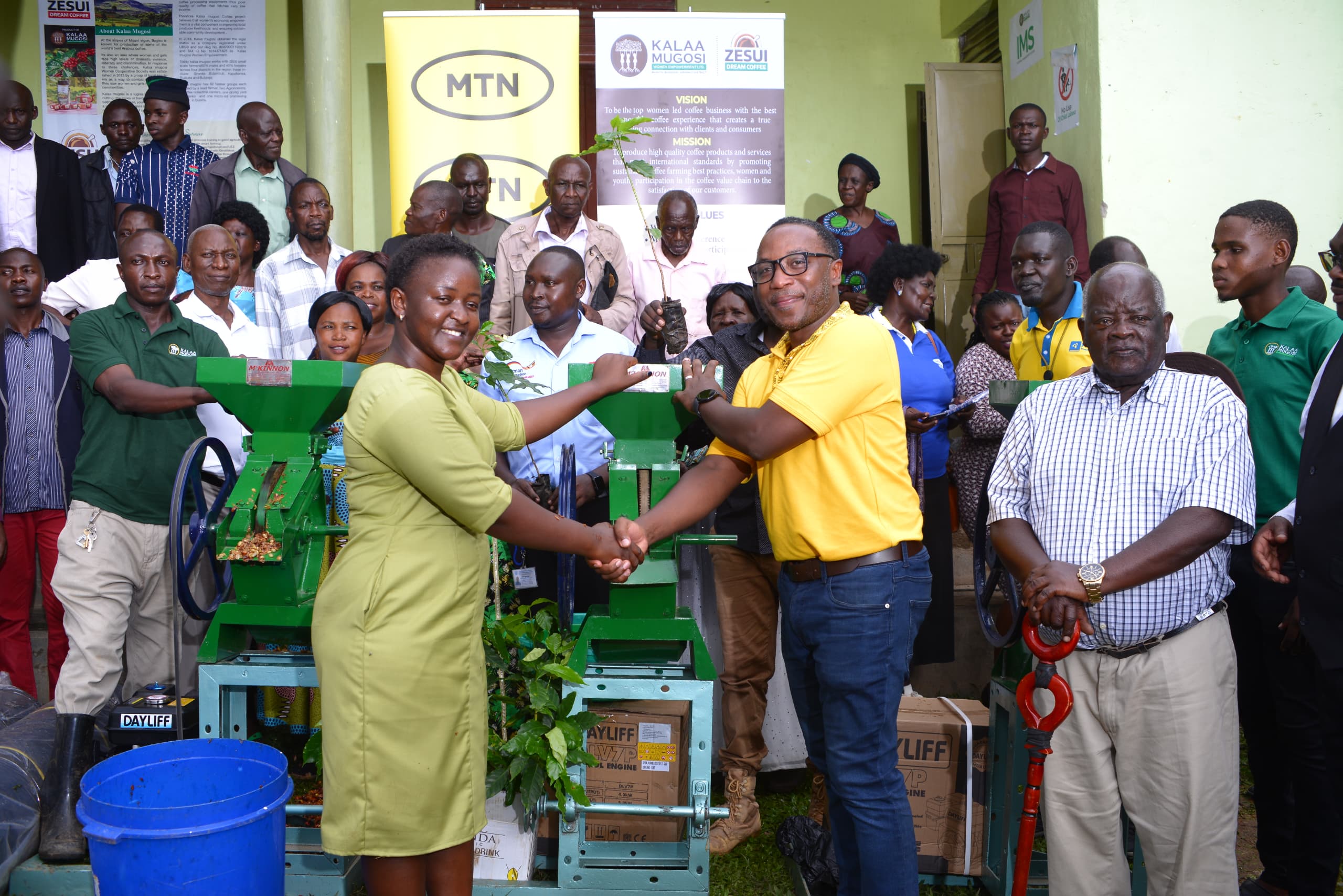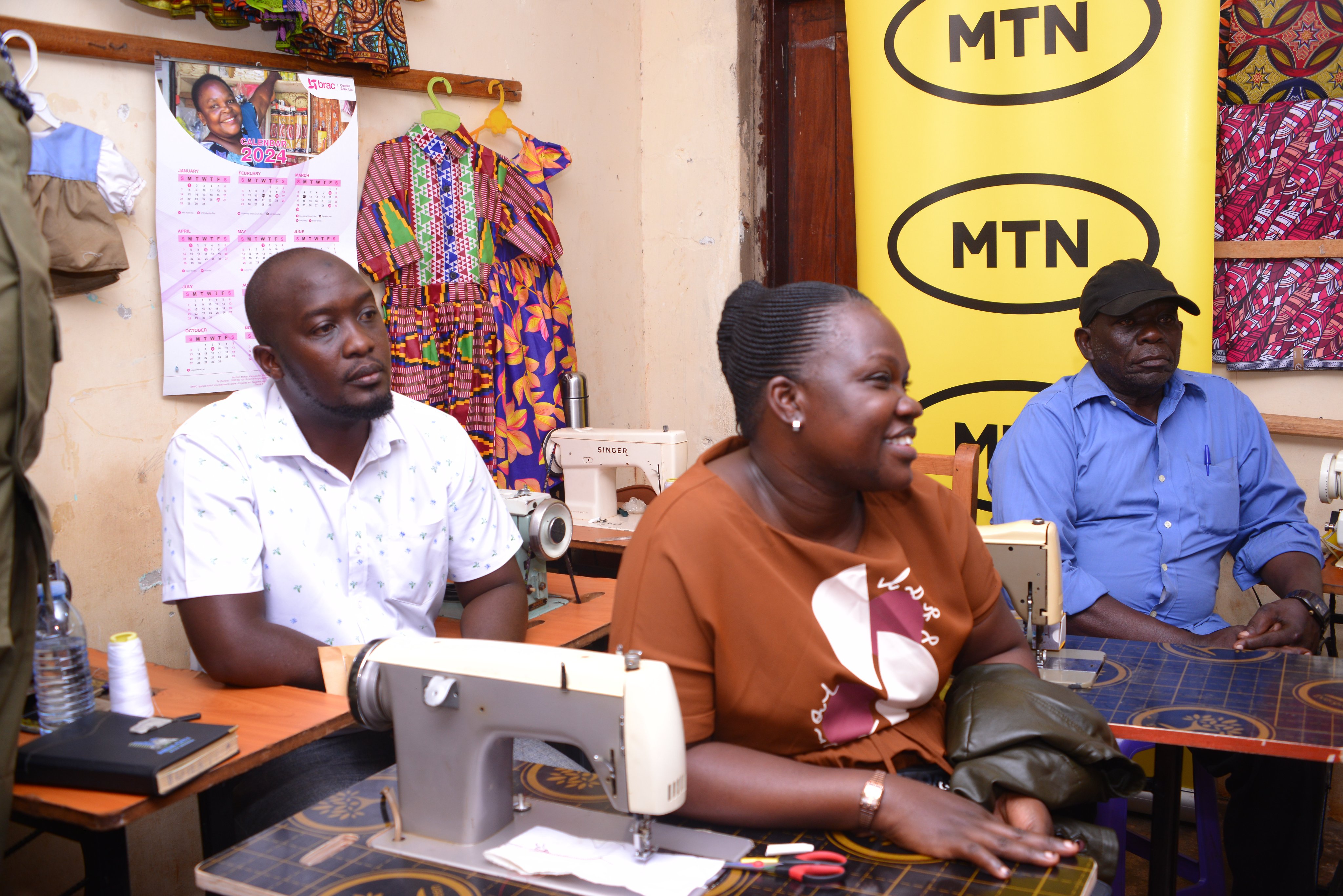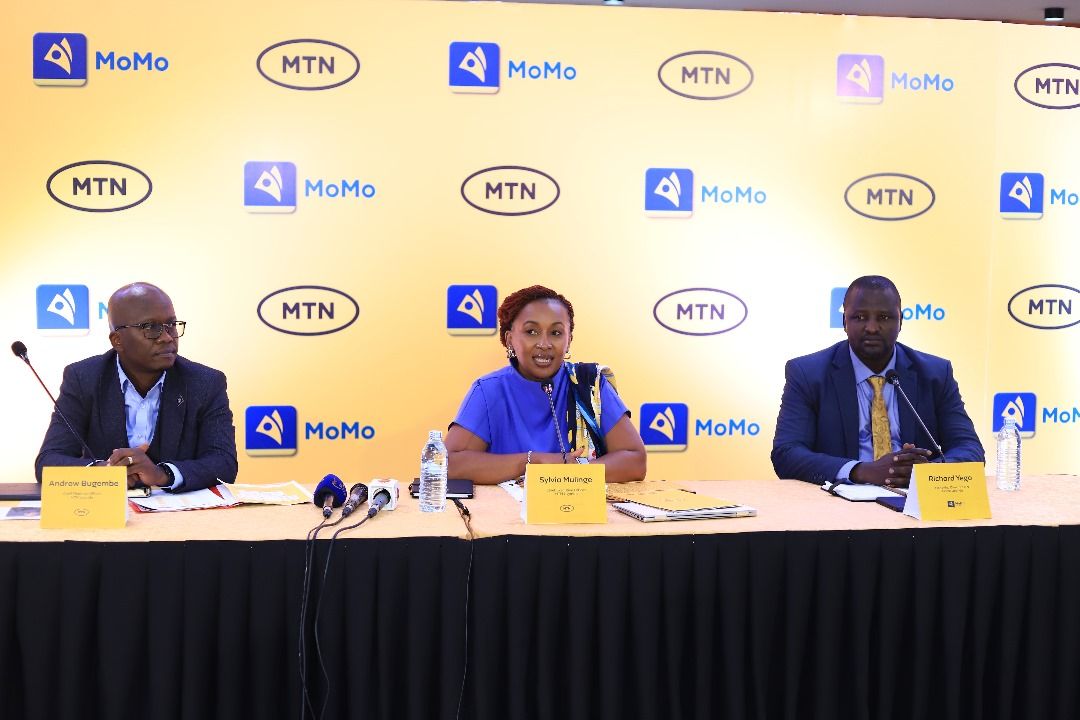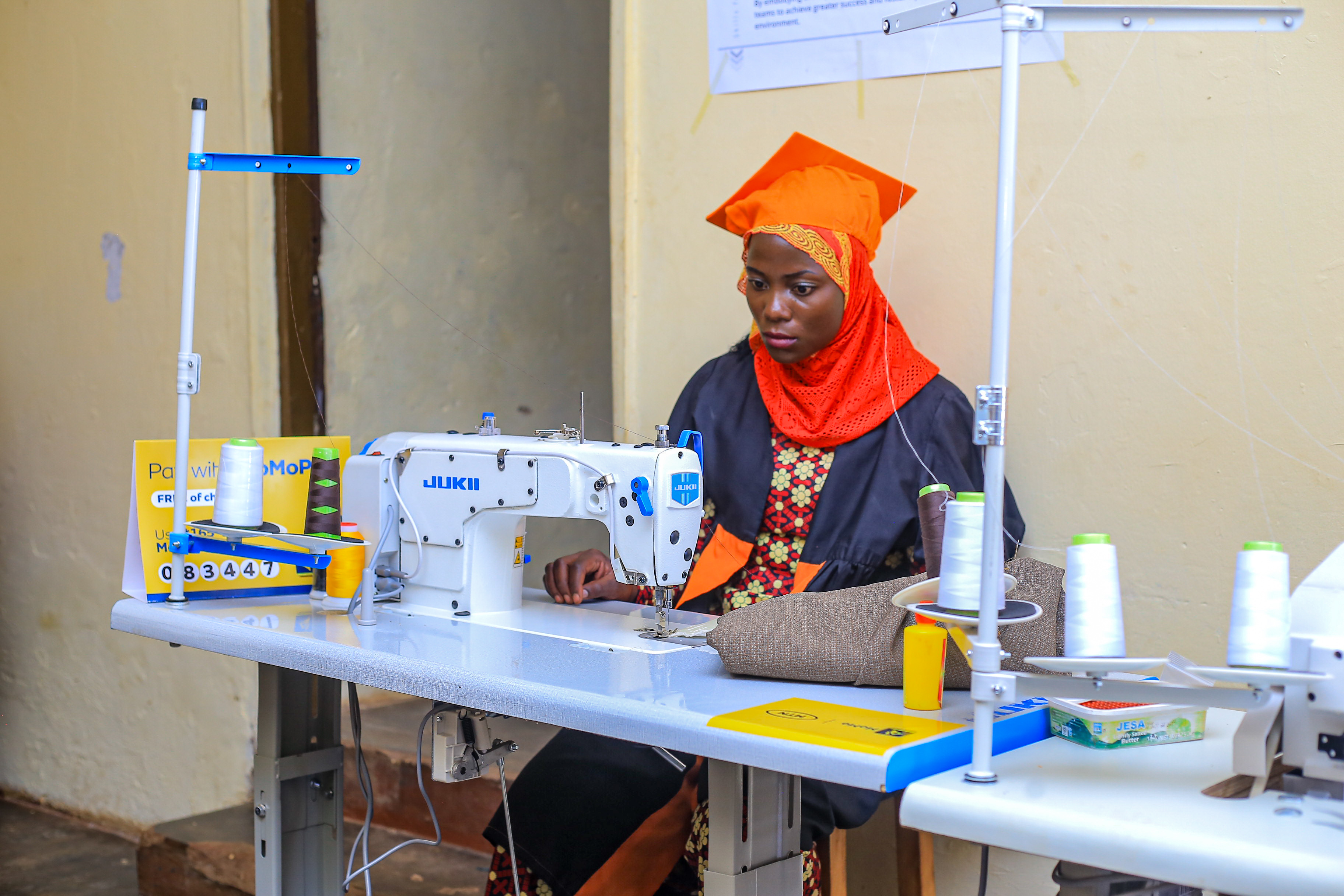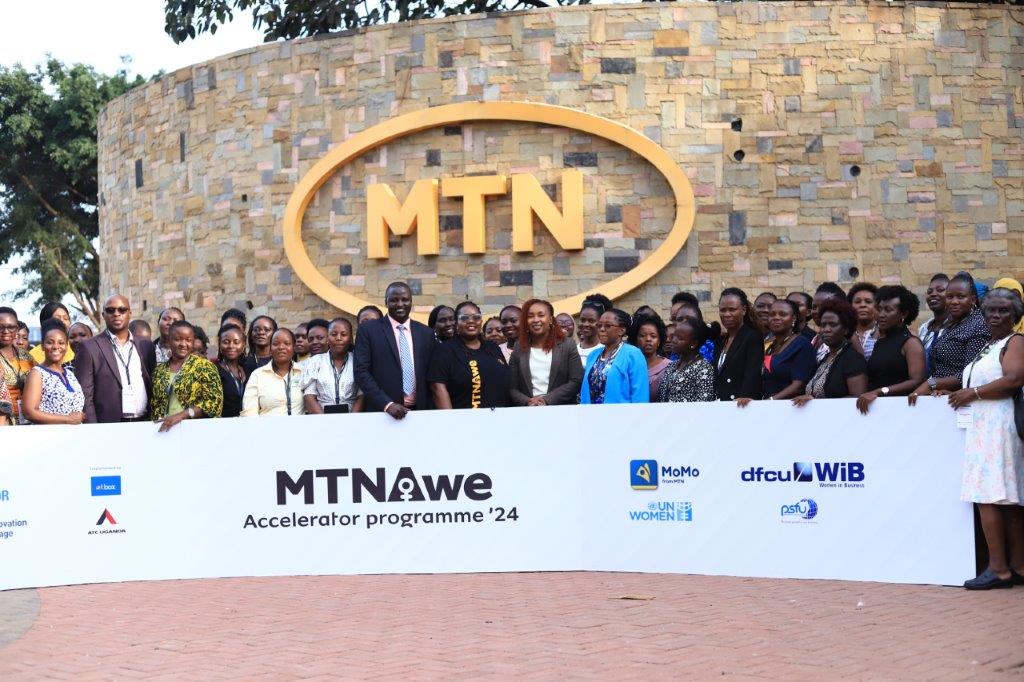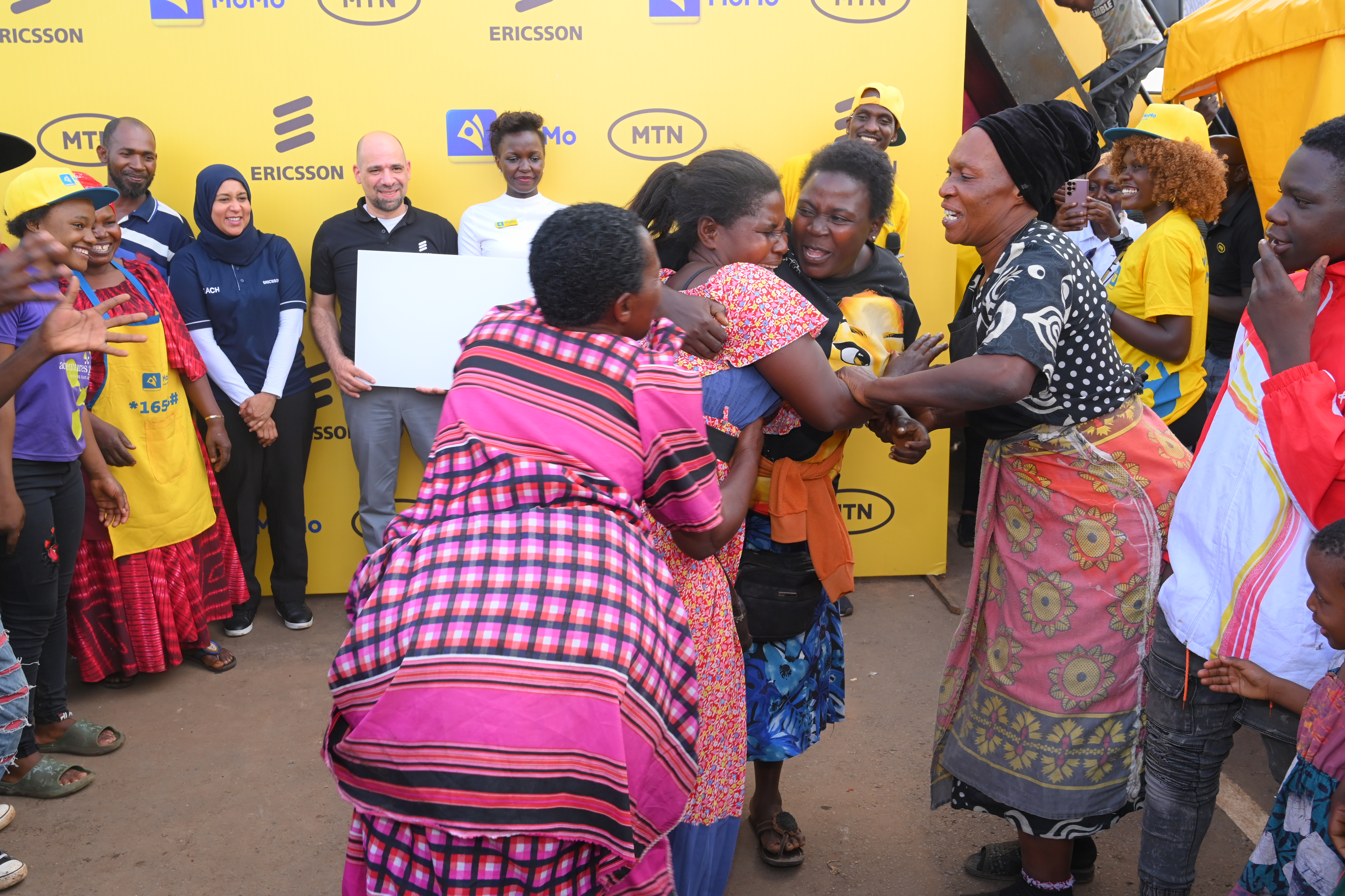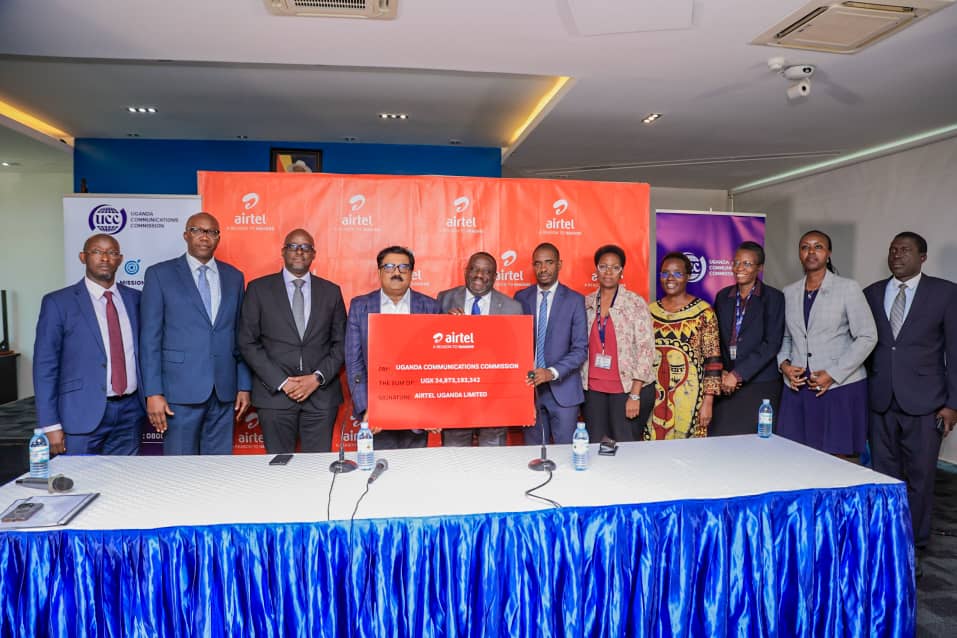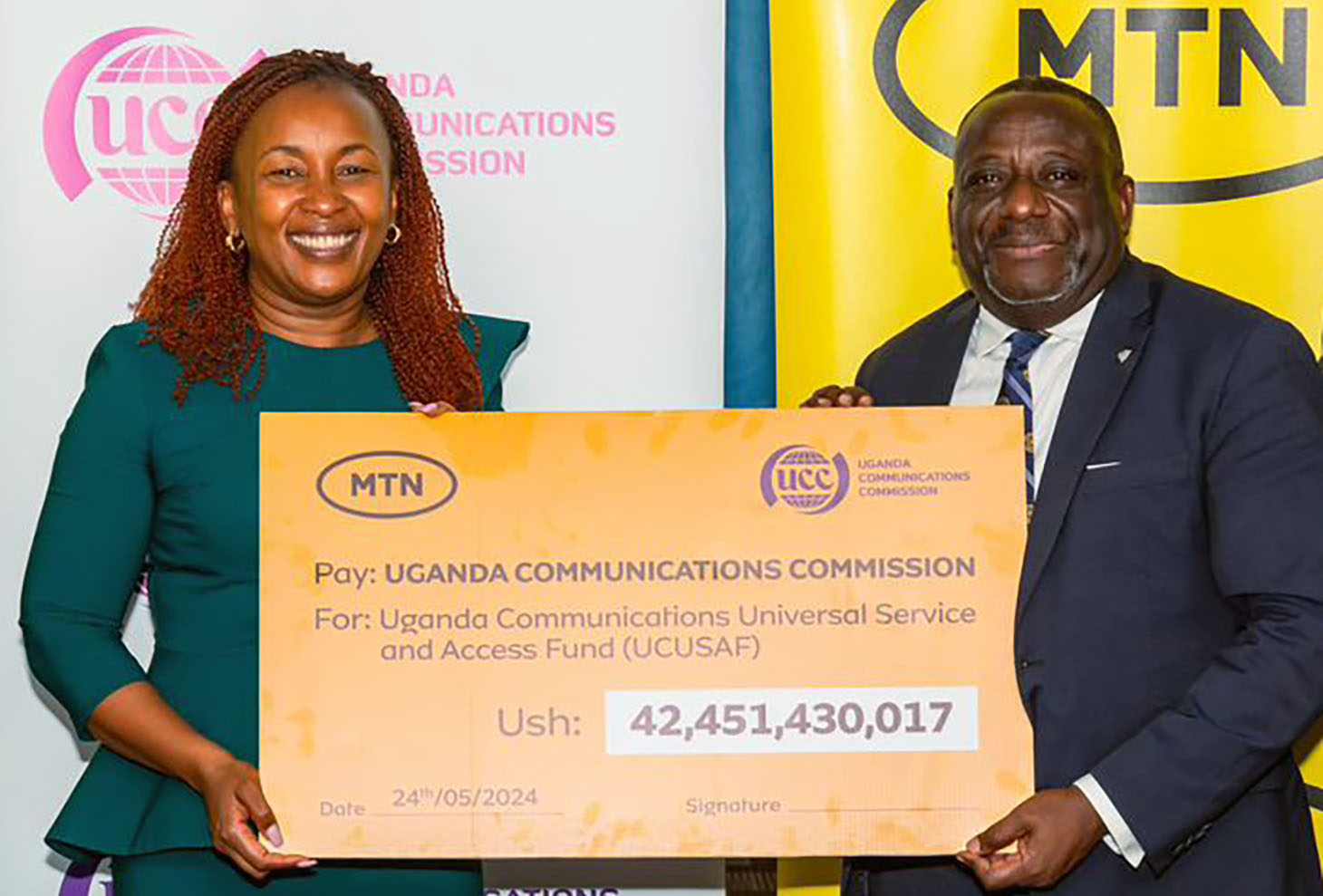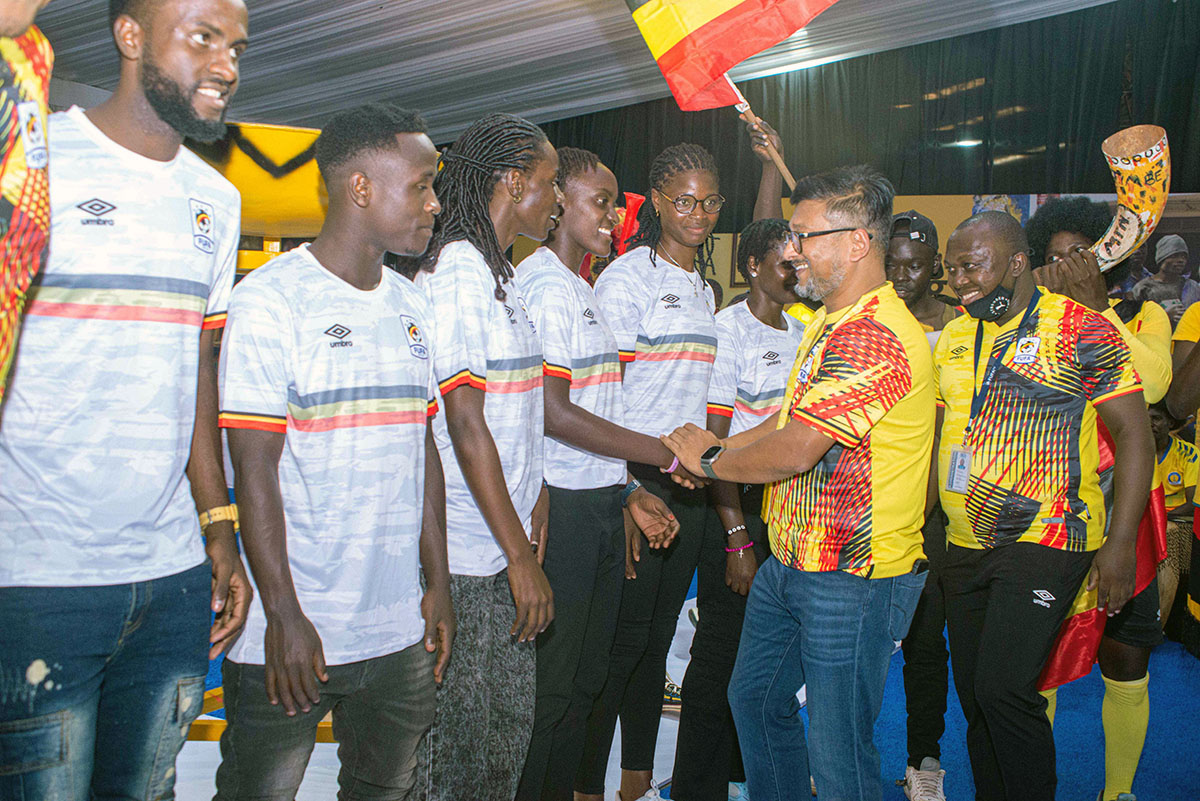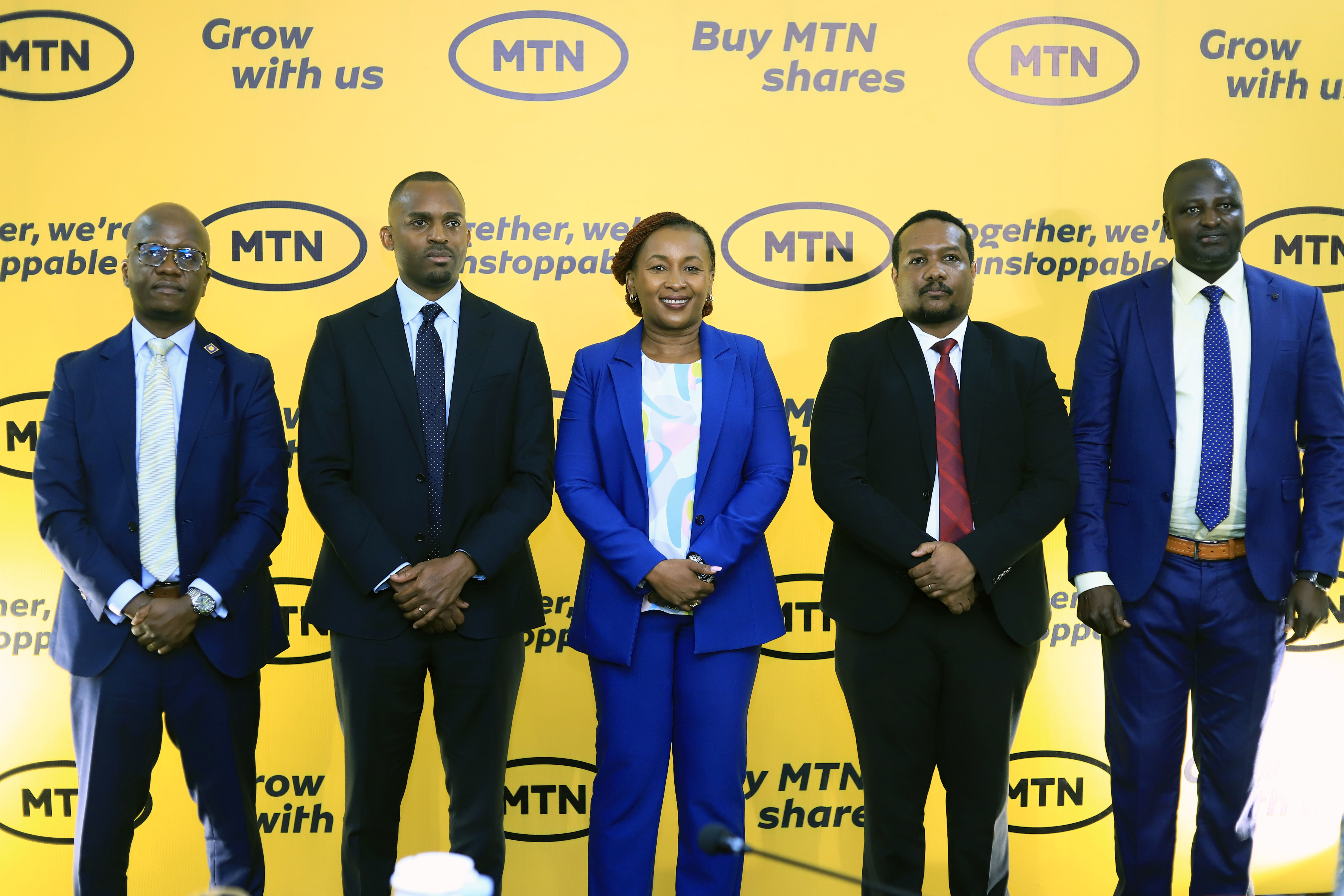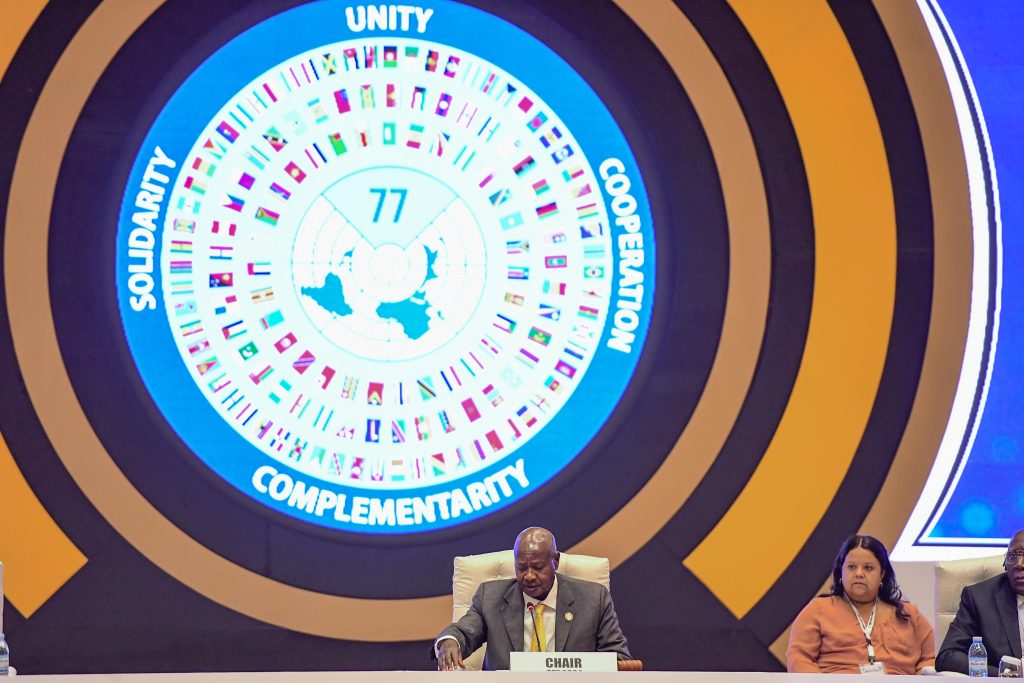Digital skills for youth must be an urgent priority

MTN Uganda CEO Sylvia Mulinge says all stakeholders should invest in digital literacy for the young generation.
"I can’t believe this is happening! We have computers now!" exclaimed Aisha Nakalema, a student at Bishop Dunstan Nsubuga Memorial School on Bugala Island, as we handed over 20 computers with free internet access to the institution. This was part of our 21 Days of Y’ello Care campaign, an annual staff voluntarism initiative held every June to give back to the communities that have supported MTN for years.
"Thank you for caring about us," she said. "This means a lot. I now feel I can do anything, even become a CEO someday." Aisha’s words capture the transformative power of technology in education. Her gratitude and newfound hope highlight the profound impact that Information and Communication Technology (ICT) can have on young learners, particularly in underserved areas.
This year’s campaign, extended to 30 days to mark MTN Group’s 30th anniversary, was themed "Learn Today, Lead Tomorrow," focusing on delivering essential digital learning resources, reliable internet access, and engaging educational platforms to students and educators in underserved areas. From Kampala to Kalangala and Katakwi Districts, we interacted with young learners, listening to their dreams and aspirations for a better future.
- Uganda has one of the youngest populations in the world, with more than three-quarters under the age of 30. In a decade, this youthful population would be seeking opportunities, putting immense pressure on the government for jobs and social services. The Uganda Bureau of Statistics (UBOS) indicates that the youth unemployment rate is already high at 17%, surpassing the national average of 11.7%, with female youths disproportionately affected. This underscores the urgent need to equip our young people with skills to thrive in this competitive digital era.
A recent survey by the Ministry of Education and Sports revealed that 97% of individuals had not used any computing device in the previous three months, and only 1.3% owned personal computers or laptops. Additionally, 90% had not used the internet for any purpose in the previous three months, with the majority citing lack of knowledge or skills as the biggest barrier.
These statistics paint a stark picture of the digital divide facing our country. The lack of digital skills and access to technology is not just a barrier to individual progress but also a significant hindrance to national development. The future economy will be driven by technology and digital innovation, and our youth must be prepared to participate in and contribute to this evolving landscape.
- The urgency of equipping our young people with digital skills from an early age cannot be overstated. Digital literacy would enable them to develop solutions that address societal needs and create jobs aligned with the digital era. Failure to address this would deepen threads of inequality, diminish opportunities, and have lifelong social, economic, and political consequences for our young population.
To address this challenge, several strategies are essential. Digital skills development requires devices and connectivity. Schools in rural and remote areas must be equipped with the necessary technology to provide students with hands-on experience. I commend the Uganda Communications Commission (UCC) for their outstanding work in setting up various ICT infrastructure projects, including schools in rural and remote areas, with the help of the Universal Service and Access Fund. Additionally, the government's initiatives, such as the Digital Transformation Roadmap and the Digital Vision 2040, have been instrumental in guiding industry growth.
There is also a need to update curricula and integrate digital technology across subjects for practical digital skills development. Traditional education models need to evolve to incorporate digital literacy as a core component. Emphasizing hands-on, task-based learning will ensure that students gain the necessary skills to thrive in a digital economy. For instance, incorporating coding, data analysis, and digital content creation into the curriculum can provide students with a strong foundation in digital literacy.
MTN's commitment to bridging the digital divide is exemplified by the MTN ACE (Access, Connectivity, and Education) Program, which aims to provide schools in underserved areas with access to modern educational tools and resources. We have provided more than 100 computers to five schools, including those with disabled students, and trained over 1,000 students in digital skills in the last two years. We look forward to increasing the tech-savvy population riding on this youthful demographic because they represent the future.
MTN is also advocating for increased mobile phone penetration across Uganda. By promoting the affordability and accessibility of mobile phones, MTN Uganda is helping to bridge the communication gap and provide more Ugandans with access to digital services. Mobile phones serve as essential tools for education, business, and personal development, and MTN's efforts to expand their reach are crucial in driving digital literacy and inclusion.
- It is therefore prudent that all stakeholders – the private sector, civil society organizations, and the government – join hands to put all this in place.
- Public-private partnerships can mobilize resources, share expertise, and create innovative solutions to bridge the digital divide. Private sector entities can sponsor technology in schools, provide internships, and offer mentorship programs to students, while NGOs can raise awareness, advocate for good policies, and support community-based digital literacy programs.
Let us all join hands and invest in digital literacy to secure a prosperous future for our youthful population. The success of our youth would guarantee the success of our nation.
Sylvia Mulinge is the CEO, MTN Uganda



